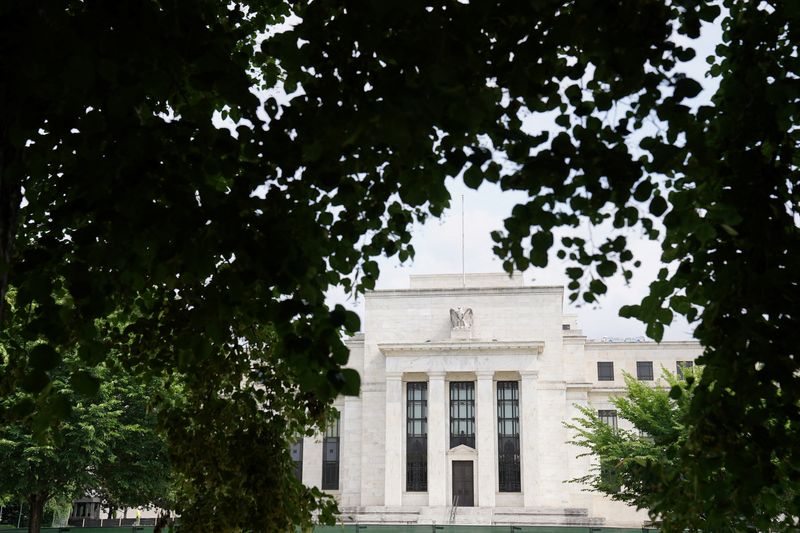Avidia Bancorp CEO Cozzone buys $49,986 in shares
Investing.com -- A rise in tariff-related inflation expectations is prompting renewed debate at the Federal Reserve, but markets still appear to view such shocks as largely transitory, according to Standard Chartered (LON:STAN).
Inflation swaps suggest that investors expect most tariff-induced price increases to fade within a year, with little evidence of persistent second-round effects. One-year inflation swaps have risen 50 basis points since late March, while two-year swaps are up only 24 basis points, suggesting that the shock is not seen as enduring.
“For the most part, markets assume that inflation shocks will not persist beyond a year,” said Steve Englander, head of global G10 FX research and North America macro strategy team at Standard Chartered.
However, Englander notes that sentiment may be shifting slightly. Since late June, two-year swap yields have risen more than expected, with 14 basis points of the increase potentially pricing in second-year inflation.
“This may indicate that the aggressive comments on tariff levels made in the approach to 9 July and beyond may be having a longer-term impact,” he said.
The implications for monetary policy remain contested within the Fed. Governor Christopher Waller sees tariffs as causing one-off price level shifts and argues that the labor market is too weak to generate a broader inflationary cycle.
That view supports rate cuts, particularly as GDP and private payroll growth remain soft.
Chair Jerome Powell, however, is more cautious. While acknowledging in testimony that the Fed would be cutting rates were it not for tariff risks, he appears concerned that inflation may persist.
“What is not clear is whether Powell would cut if he was convinced that tariff-induced inflation would be a one-off, price-level effect,” Englander notes.
The strategist argues that policymakers can monitor second-round effects in real time using inflation swaps. Still, he cautions that such market-based indicators come with caveats.
“At best they are an indication of how the market is weighing the evidence,” Englander said, adding that swaps may also be influenced by liquidity and risk premiums.
